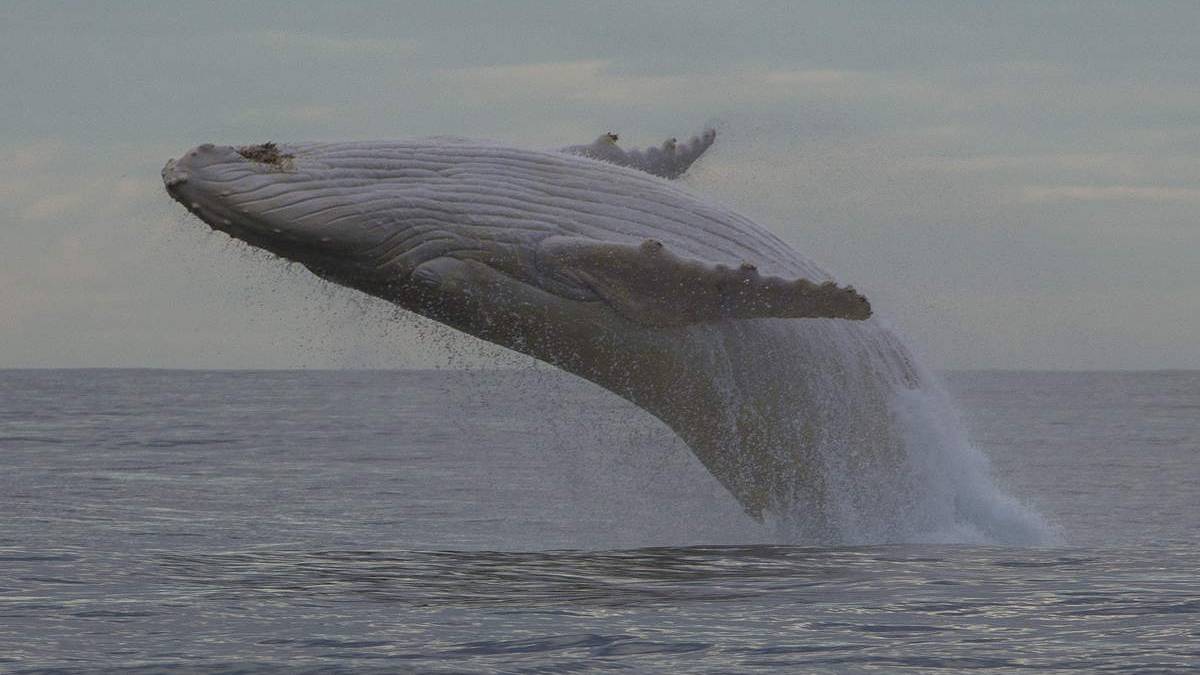Migaloo, the albino humpback whale, was among the amazing sea creatures celebrated in the twitterstorm that accompanied World Ocean Day on June 8th.
#Codeforfish surfaced an array of opportunities for innovation in sustainable fisheries in the U.S. Department of State and GreenWave’s 2nd annual Fishackathon.
 The Economist’s World Ocean Summit last week in Cascais, Portugal highlighted ‘blue economy’ opportunities for jobs, economic growth and investments in healthy ocean and coastal environments.
The Economist’s World Ocean Summit last week in Cascais, Portugal highlighted ‘blue economy’ opportunities for jobs, economic growth and investments in healthy ocean and coastal environments.
We’ve pulled together some of the thinking driving the conversation in Portugal:
Marine Protected Areas: Smart Investments in Ocean Health. A healthy ocean is a natural economic engine and an asset to be protected. An estimated $2.5 trillion of the ocean’s annual economic value is dependent on healthy ocean assets.
Ocean Prosperity Road Map. The Ocean Prosperity Roadmap: Fisheries and Beyond explores how a transition to sustainable resource use – for example, by fishing smarter, not harder – can reduce poverty while increasing economic growth, food production, and fish populations.
Sunken Billions Revisited. Ragnar Aranson is revising his 2009 report, “Sunken Billions,” that found that countries around the world were losing about $50 billion a year “because of the way they were managing—or rather not managing—their fisheries.” His upcoming update is based on 2012 data and uses a refined estimation methodology.
Unlocking the Potential of Global Fisheries. A report from the Environmental Defense Fund came up with a similar number. Within 10 years, EDF said, “We could increase profits in the fishing sector by $51 billion a year compared to today, if fisheries were managed sustainably.”
“Most, if not all, green bonds are actually ‘blue,'” said Cecilia Reyes, who discussed Zurich Insurance Group’s $2 billion in green bonds to finance climate and environmentally friendly projects in a Q&A hosted on Facebook.
“Climate change is one big source of problem for our oceans,” Reyes said. “Market incentives are powerful to find solutions to our environmental problems, however, where market forces are not sufficient, we need regulatory interventions that are consistent with economic and risk-based framework.”











